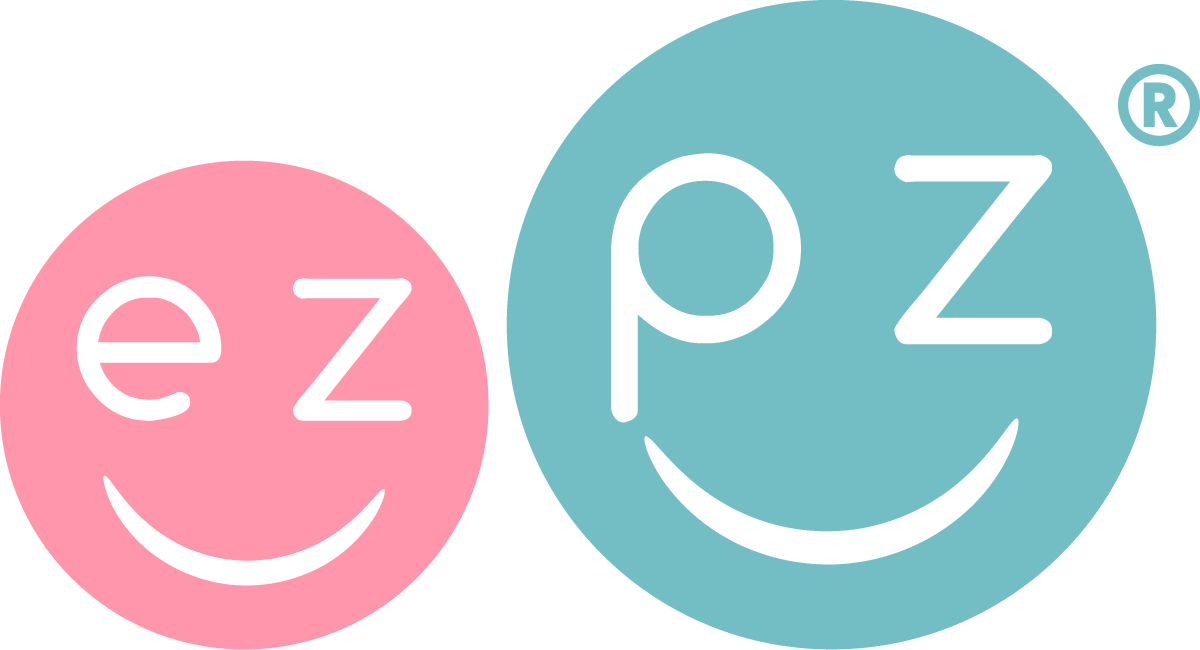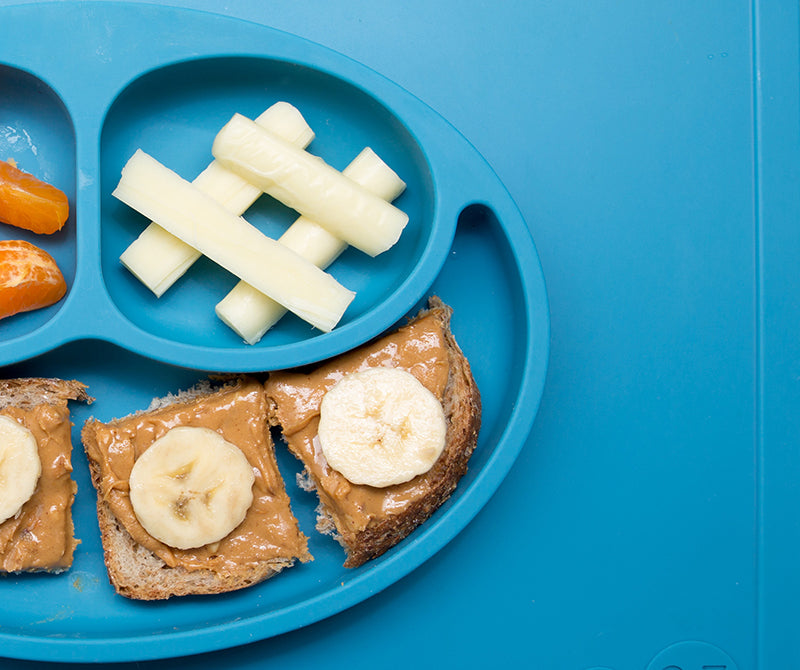Celiac Awareness Month is celebrated in May each year to educate the public about the seriousness of this disease, especially in children. This topic is near and dear to my heart since many of my clients have celiac disease (CD) and I went gluten free (GF) several years ago to support them, not realizing it would actually make me feel better too! Help us spread the word that CD is not just a kid being a picky eater, or a family that has adopted a ‘fad diet.’ This is a serious disease that affects a child’s gastrointestinal system and disrupts the entire family if not taken seriously.
What is CD? Celiac disease is a genetic autoimmune disease that affects both children and adults. CD can damage the small intestine, which negatively impacts the way a child can digest and absorb the food they eat. Children with celiac disease are sensitive to gluten, which is a protein found in wheat, rye, barley, spelt, kamut and commercial oats.
What are the Symptoms? In my experience as a Feeding Specialist, the kiddos I see for feeding therapy usually get a diagnosis of celiac disease between 6 months and 2 years of age. Usually parents notice symptoms when they introduce solid foods . Some symptoms to look for if you suspect your child might have CD are: diarrhea, decreased appetite, constipation, gas, skin rash, indigestion, bloating, weight loss or inability to gain weight, abdominal pain, stomach cramps, muscle spasms and poor growth. To eliminate these physical symptoms, children diagnosed with CD need to avoid foods that contain the protein gluten (i.e., a gluten-free diet). If your child is experiencing some of these symptoms and has an immediate family member diagnosed with CD or an autoimmune condition, please talk with your doctor.
More than Just Symptoms for Kids: There are more than just physical symptoms associated with celiac disease in children. Studies show that 49% of these kiddos also experience psychosocial issues, including social and separation anxiety, excessive worry and pessimism ( beyondceliac.org). In my work with school-aged children with CD, they are afraid to eat at school for fear of having symptoms (gas, diarrhea, etc.) in class. Some of my clients have even been bullied because they are on a “weird diet” or “can’t eat normal kid food.” In one of my more serious cases, a client was forced to eat a cookie at a school event, causing him to use his EpiPen since the cookie had both nuts and gluten in it (both of which he was allergic to).
The Parents: The parents I work with are anxious too! They are oftentimes concerned with cross contamination, which is when GF food comes into contact with gluten. This can happen accidently at home, at school, in a restaurant…you get the idea! Parents can prevent cross contamination on plates and bowls at home by using ezpz products in a specific color to indicate which child is GF. Our products don’t harbor bacteria, are hypoallergenic and are dishwasher and microwave safe too!
Do you have a child in your life with celiac disease? Please share your story and help us spread the word about Celiac Awareness Month. #ezpzfun #CeliacAwarenessMonth #glutenfree
Note - you can learn more about celiac disease here: www.beyondceliac.org/awarenessmonth/ and https://celiac.org/.



